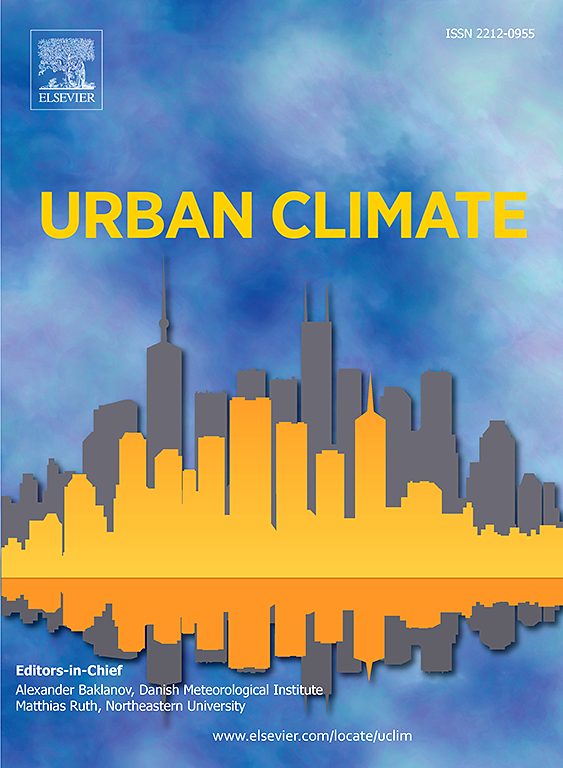增强社区能力:空气质量监测和公民参与的进步
IF 6
2区 工程技术
Q1 ENVIRONMENTAL SCIENCES
引用次数: 0
摘要
在世界上许多地方,空气污染是一个严重的问题。公民合作的空气质量监测和预报系统作为一种潜在的解决方案正越来越受欢迎。拥有个人制作的在线空气质量地图的社区平台提供了一种将人们纳入环境监测,提高公众对空气污染暴露的认识,并支持智慧城市发展的方式。智慧城市的概念非常强调技术在加强城市规划和管理以及数据驱动决策方面的效用。市民协同空气质量监测和预报系统通过为城市居民提供实时收集和评估空气质量数据的手段,支持了这一想法。本文探讨了社会创新技术,如共同创造和参与式感知,在吸引公民和提高意识方面的作用。此外,这些系统可以通过让市民参与和利用技术,有助于创建更长期可持续、更能满足居民需求的智慧城市。总之,工具和社会创新的结合极大地推进了公民、研究人员和地方当局之间的智能合作概念,促进了在智能社区内应对空气质量和气候变化挑战的更坚定承诺。本文章由计算机程序翻译,如有差异,请以英文原文为准。

Empowering communities: Advancements in air quality monitoring and citizen engagement
In many places across the world, air pollution is a serious problem. Citizen-collaborative air quality monitoring and forecasting systems are gaining popularity as a potential solution. Community platforms with online air quality maps made by individuals offer a way to include people in environmental monitoring, increase public awareness of air pollution exposure, and support the growth of smart cities.
The notion of smart cities places significant emphasis on the utility of technology in enhancing urban planning and management, as well as data-driven decision-making. Systems for citizen collaborative air quality monitoring and forecasting support this idea by giving residents of the city a means of gathering and evaluating data on air quality in real time.
The article explores the role of social innovation techniques, such as co-creation and participatory sensing, in engaging citizens and raising awareness. Furthermore, these systems can contribute to the creation of smart cities that are more long-term sustainable and responsive to the demands of their residents by involving citizens and making use of technology.
In conclusion, the combination of tools and social innovation significantly advances the concept of smart collaboration between citizens, researchers, and local authorities, fostering a stronger commitment to addressing air quality, and climate change challenges within smart communities.
求助全文
通过发布文献求助,成功后即可免费获取论文全文。
去求助
来源期刊

Urban Climate
Social Sciences-Urban Studies
CiteScore
9.70
自引率
9.40%
发文量
286
期刊介绍:
Urban Climate serves the scientific and decision making communities with the publication of research on theory, science and applications relevant to understanding urban climatic conditions and change in relation to their geography and to demographic, socioeconomic, institutional, technological and environmental dynamics and global change. Targeted towards both disciplinary and interdisciplinary audiences, this journal publishes original research papers, comprehensive review articles, book reviews, and short communications on topics including, but not limited to, the following:
Urban meteorology and climate[...]
Urban environmental pollution[...]
Adaptation to global change[...]
Urban economic and social issues[...]
Research Approaches[...]
 求助内容:
求助内容: 应助结果提醒方式:
应助结果提醒方式:


